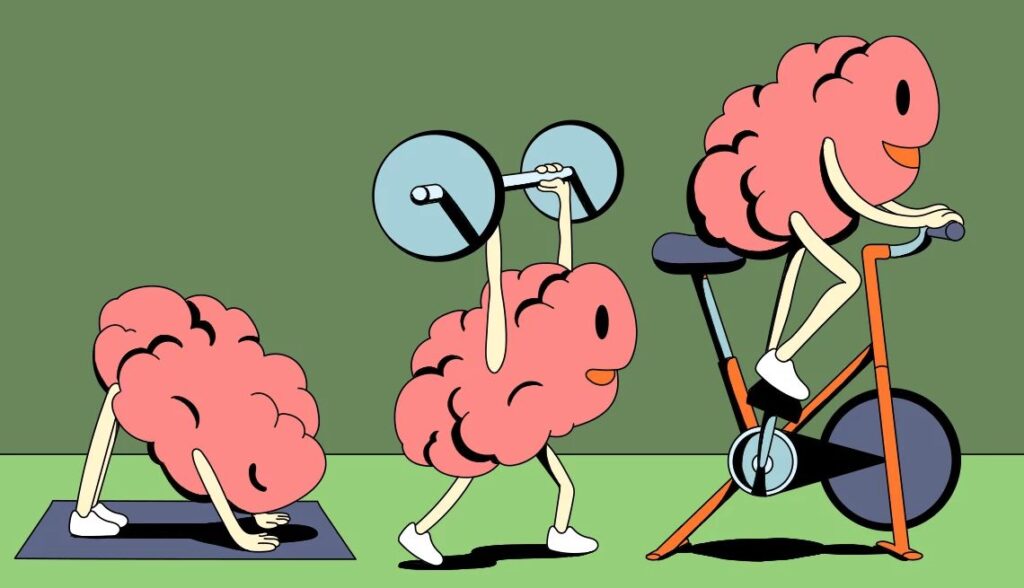Will I Lose My Memory?

This has happened to me more than once: I walk into the kitchen, my mind ticking through the day’s chores and errands, and as I open the refrigerator, I realize I’ve forgotten what I’m looking for. My first thought: Am I losing my mind? My second: Is this a sign of looming dementia?
Moments like this are common to many of us. Our brains, like our bodies, age. When our brains are young and healthy, we can quickly and accurately process language, form opinions, remember details, learn new skills and make decisions. But as we age, biology slows this processing activity. We may need a little more time and concentration to learn skills or perform complex memory or organizational tasks, such as balancing a checkbook. This is all perfectly natural, and in most cases, older people can perform these tasks just fine if given enough time.
As for those incidents of forgetting, not all of them signal trouble. Scientists used to believe that any kind of forgetting was due to a failure in the workings of the brain, but we now know that “everyday forgetting” — that moment at the refrigerator or when the name of an acquaintance slips our minds — is an adaptive aspect of the brain’s normal functioning. Our brain cells contain mechanisms to promote not only memory but also memory erasure, a balancing act that is critical to healthy cognitive functioning.
Other mental abilities, meanwhile, grow stronger with age. Even as words stall on the tip of our tongues, our grasp of meaning and the connections between ideas may grow. We can continue to build vocabulary and verbal reasoning skills — our ability to understand concepts expressed through language and to think constructively and apply logic.
In other words, cognitive change is normal, but cognitive decline is far from inevitable: About half of American adults believe they will likely get dementia, when only about 15 percent of people between 75 and 79 have even mild cognitive impairment. And our chances of getting dementia have actually declined. The percentage of Americans 70 and older with dementia has decreased from 13 percent in 2011 to 10 percent in 2019 — likely due to improvements in nutrition, health care, education and lifestyle.
But dementia is a reality for far too many people, and it’s important to learn to distinguish normal cognitive changes from the kinds of impairment we should be concerned about. What doctors call mild cognitive impairment refers to memory and thinking difficulties that have a minor impact on daily life — losing your keys more often or needing to concentrate harder to perform familiar tasks. Often, simple tools like hooks by the door for your keys, daily planners or to-do lists can help, and symptoms sometimes stay the same or even improve over time. But about one-third of people with mild cognitive impairment will develop dementia within five years, so it’s important to check in regularly with your doctor.
Dementia is a blanket term for significantly impaired thought, memory and reasoning. Alzheimer’s disease is the most common form of dementia in people over 65, accounting for 60 to 80 percent of all cases. Alzheimer’s tends to develop gradually, progressing from minor issues of forgetting to problems with memory and thinking that do impact daily functioning. (Losing your car keys in the house is a common occurrence, but getting lost while driving home on a very familiar route may be cause for concern.) Over time, people begin to show mood changes, increasing confusion and memory loss. They may become agitated and begin to wander. Finally, with severe dementia, people can no longer communicate coherently, and they need help with all self-care.
To learn more about your chances of losing your memory, from AARP, CLICK HERE.
